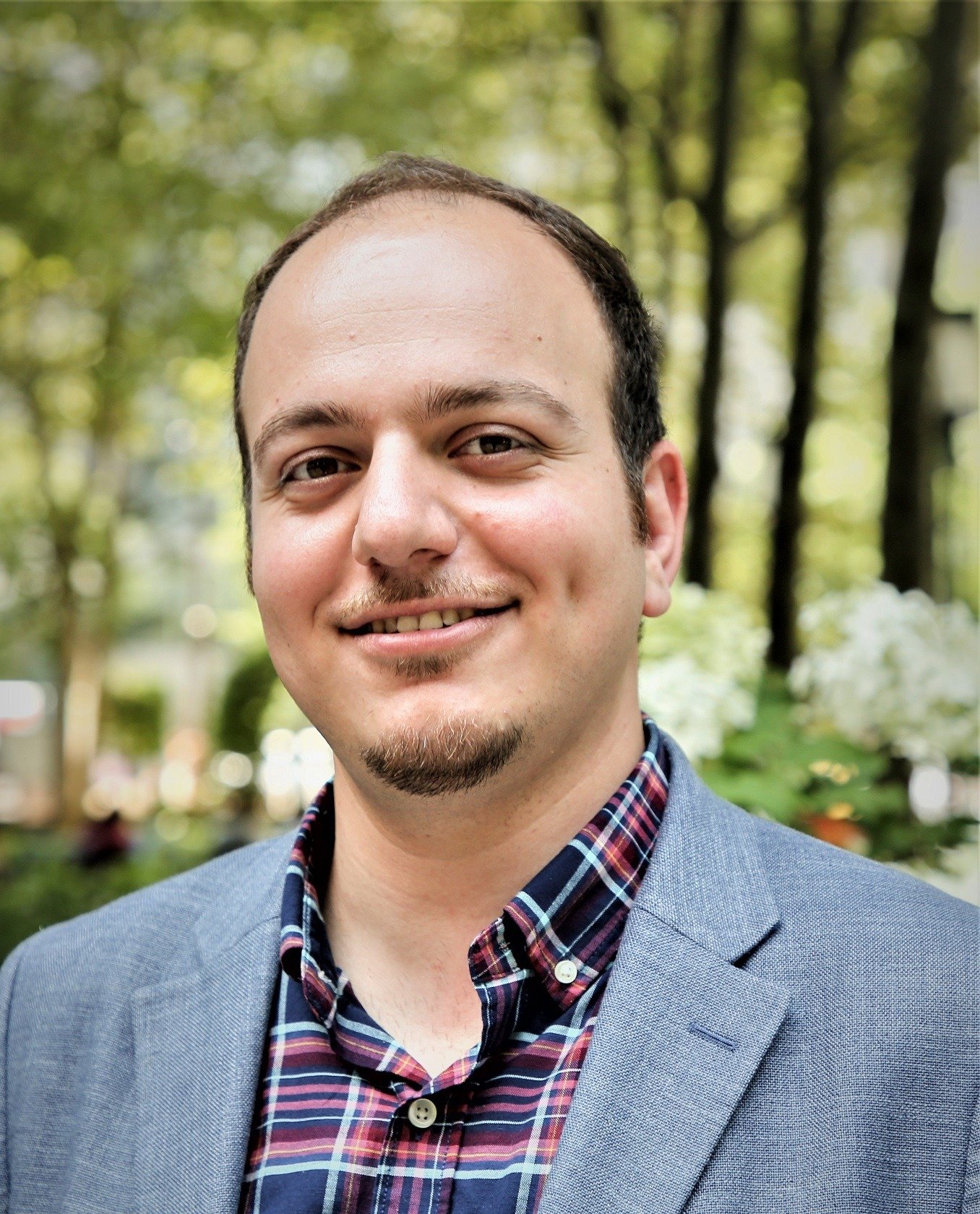 Abstract: Human-robot symbiosis aims to augment human capabilities through an adaptive partnership with machines. This talk will present a vision and research roadmap to achieve symbiotic human-robot teaming at the physical, cognitive, and metacognitive dimensions. At the physical level, the focus is on the resilient control of networked cyber-physical robotic systems interacting with humans, with the goal of guaranteeing stability and causality when communication contains delays or packet drops and when human biomechanics is part of the closed loop. Novel data-driven, model-free, nonlinear control methods will be presented for passivity-based L2 stabilization of networked robotic systems. At the cognitive level, the focus is on decoding neural information related to human motion and disability using biosignal processing and deep learning. This enables the assessment of neuromuscular conditions and enhanced human-robot interaction for neurorobotics. New methods for analyzing central-peripheral neural couplings will also be presented. Finally, at the metacognitive level, the focus is on skill transfer from human to robot towards learned autonomy. This enables applications like learning from demonstration for robotic rehabilitation and surgical sub-autonomy. Novel context- aware probabilistic methods for learning complex skills from limited noisy demonstrations will be introduced. In summary, this talk will present a roadmap to integrate physical, cognitive, and metacognitive aspects of human-robot teaming, moving towards a holistic vision of human-robot symbiosis to bypass physiological and pathological limitations through robotic power.
Abstract: Human-robot symbiosis aims to augment human capabilities through an adaptive partnership with machines. This talk will present a vision and research roadmap to achieve symbiotic human-robot teaming at the physical, cognitive, and metacognitive dimensions. At the physical level, the focus is on the resilient control of networked cyber-physical robotic systems interacting with humans, with the goal of guaranteeing stability and causality when communication contains delays or packet drops and when human biomechanics is part of the closed loop. Novel data-driven, model-free, nonlinear control methods will be presented for passivity-based L2 stabilization of networked robotic systems. At the cognitive level, the focus is on decoding neural information related to human motion and disability using biosignal processing and deep learning. This enables the assessment of neuromuscular conditions and enhanced human-robot interaction for neurorobotics. New methods for analyzing central-peripheral neural couplings will also be presented. Finally, at the metacognitive level, the focus is on skill transfer from human to robot towards learned autonomy. This enables applications like learning from demonstration for robotic rehabilitation and surgical sub-autonomy. Novel context- aware probabilistic methods for learning complex skills from limited noisy demonstrations will be introduced. In summary, this talk will present a roadmap to integrate physical, cognitive, and metacognitive aspects of human-robot teaming, moving towards a holistic vision of human-robot symbiosis to bypass physiological and pathological limitations through robotic power.Bio: S. Farokh Atashzar is an Assistant Professor at the Tandon School of Engineering, New York University (NYU), jointly appointed between the Departments of Mechanical and Aerospace Engineering and Electrical and Computer Engineering. He joined NYU in Aug 2019. Before joining NYU, he was a postdoctoral scientist at Imperial College London and was also sponsored by the Natural Sciences and Engineering Research Council of Canada, through a postdoctoral award for which he was ranked 5th nationally.